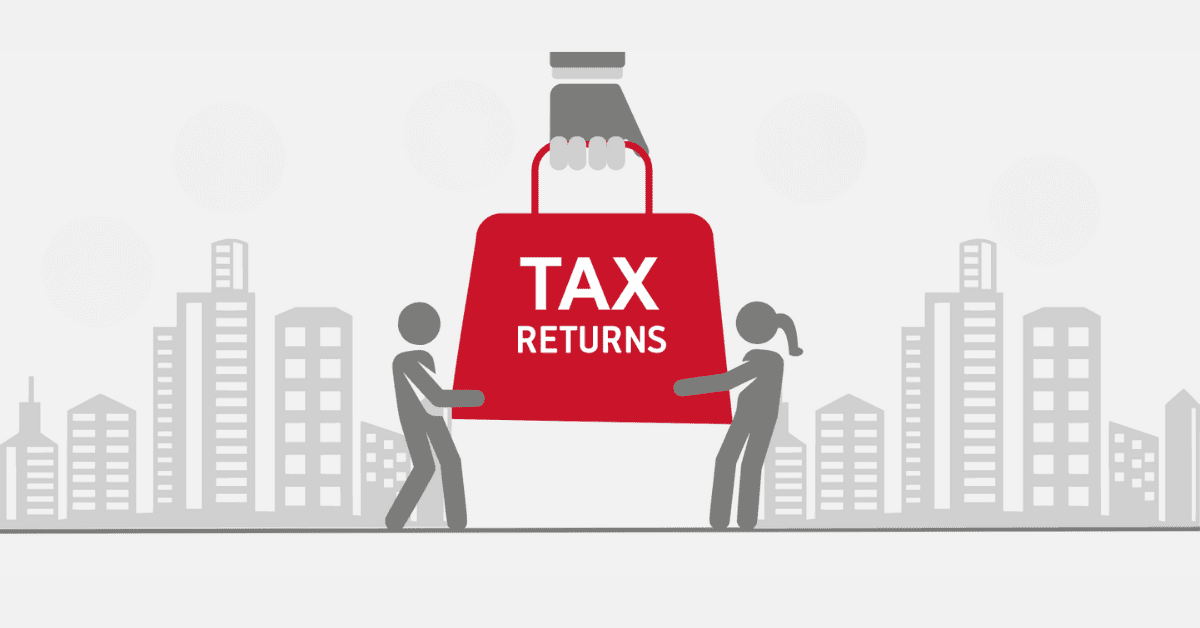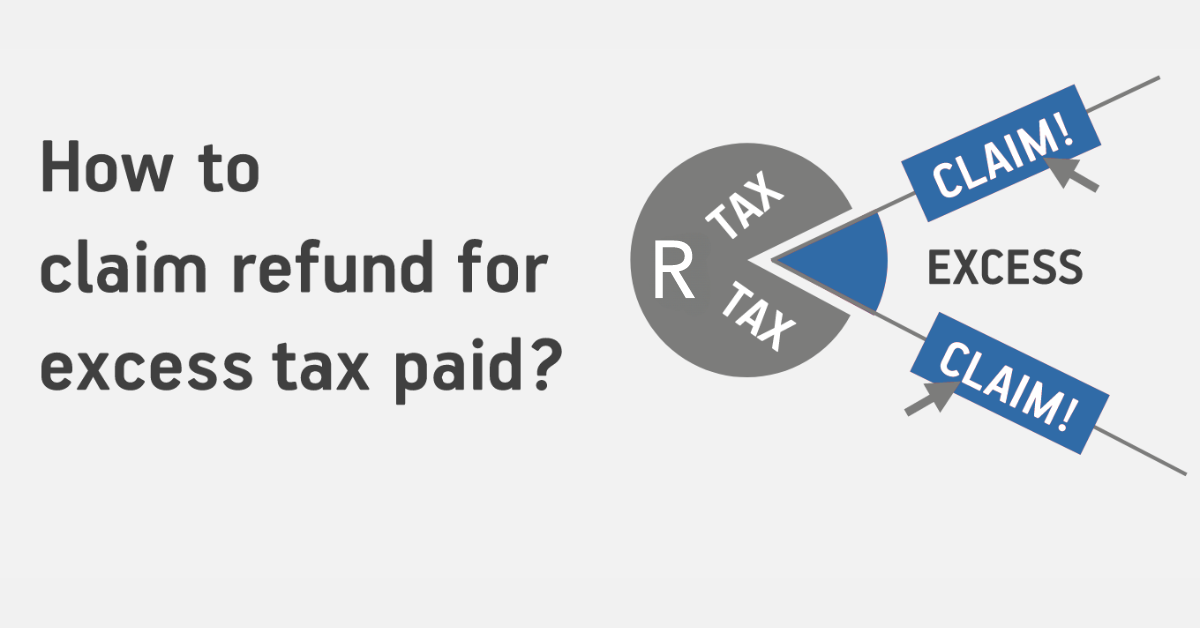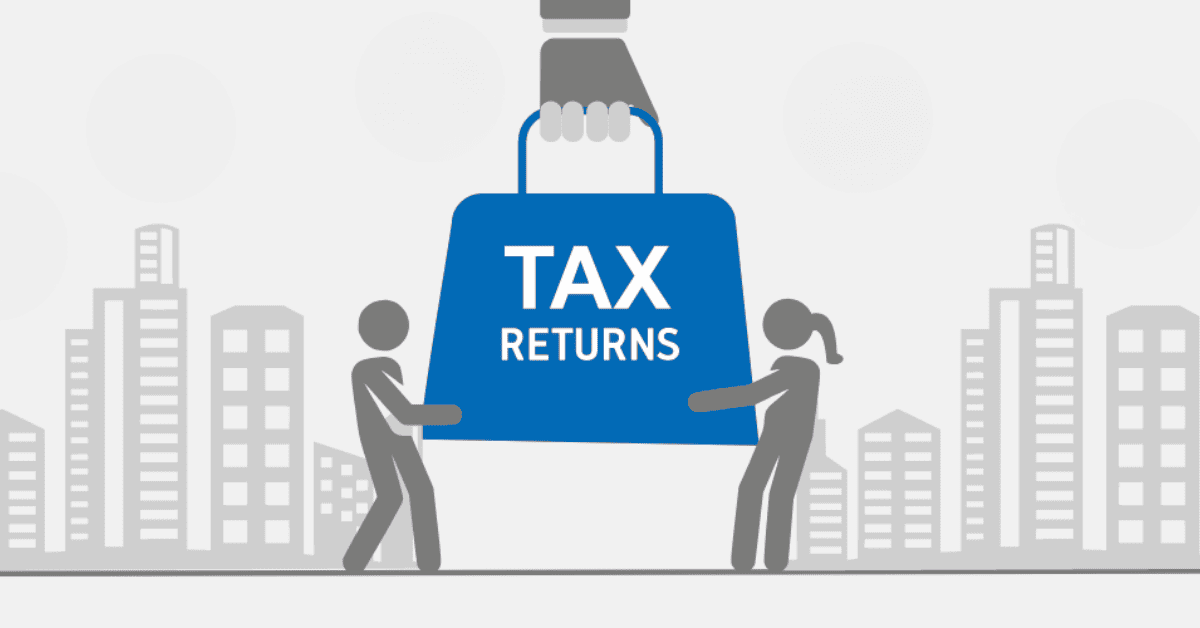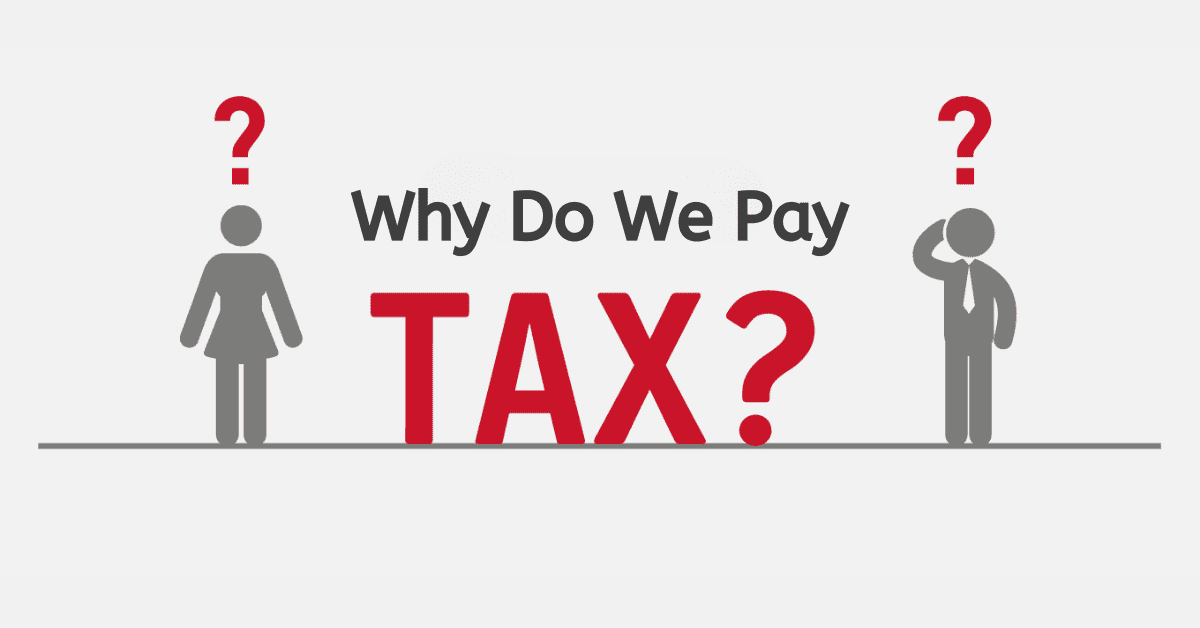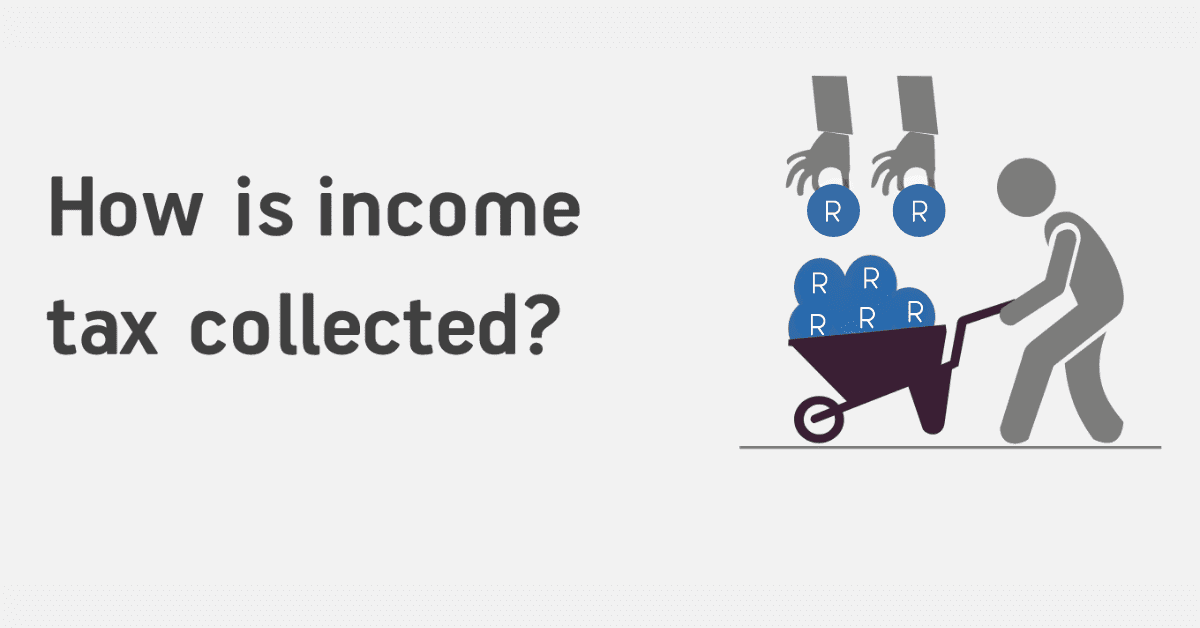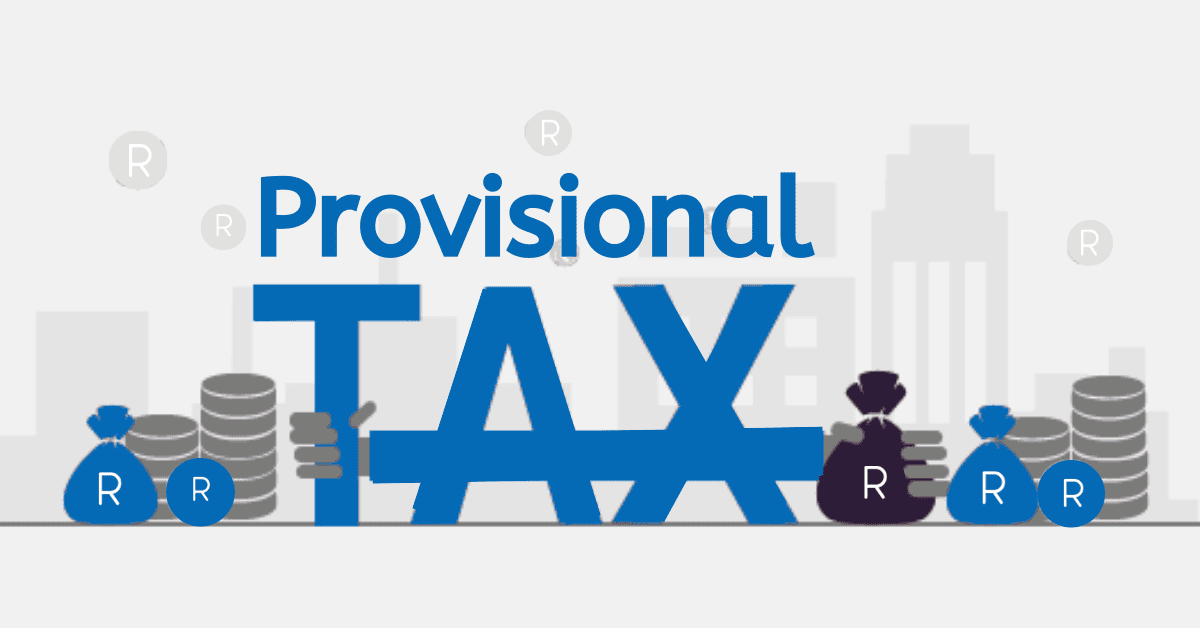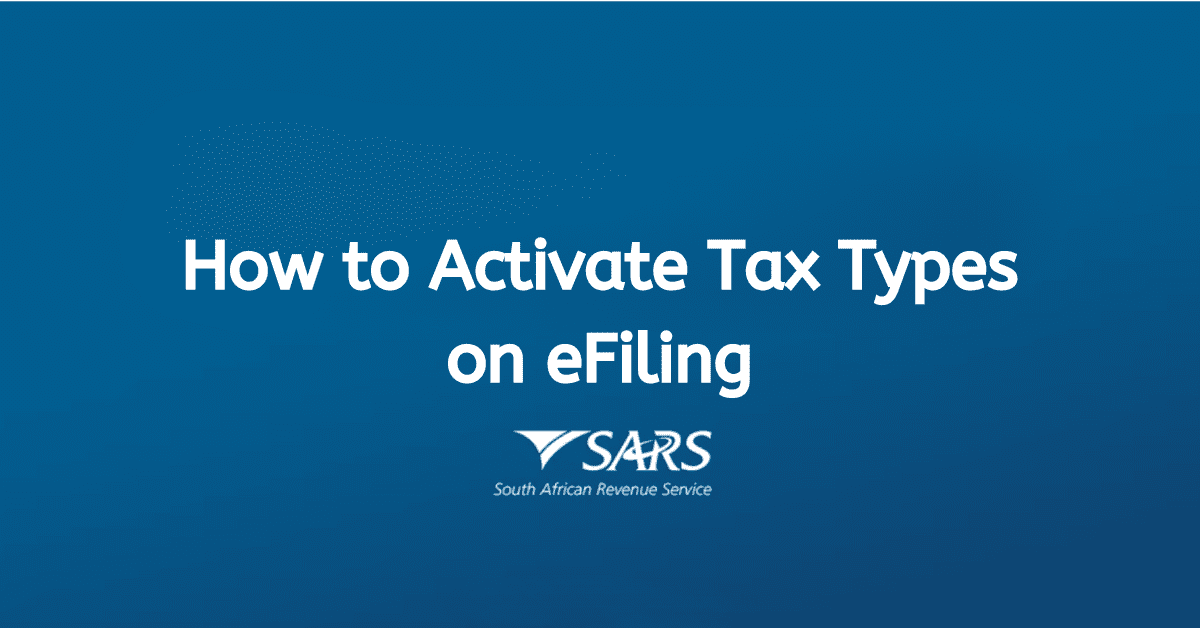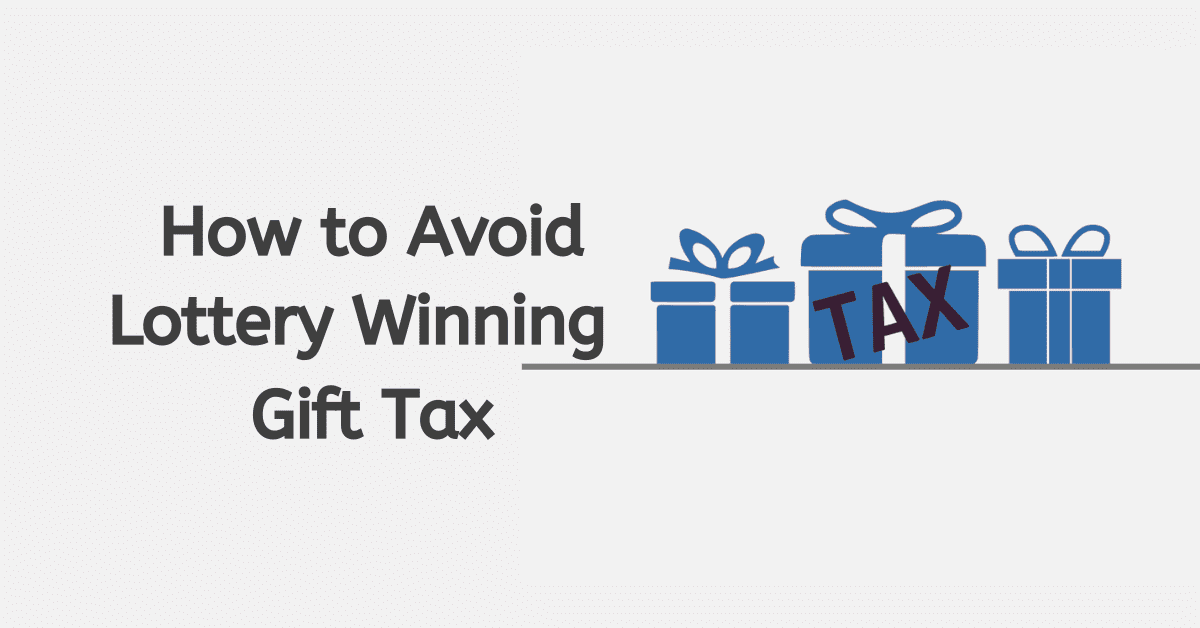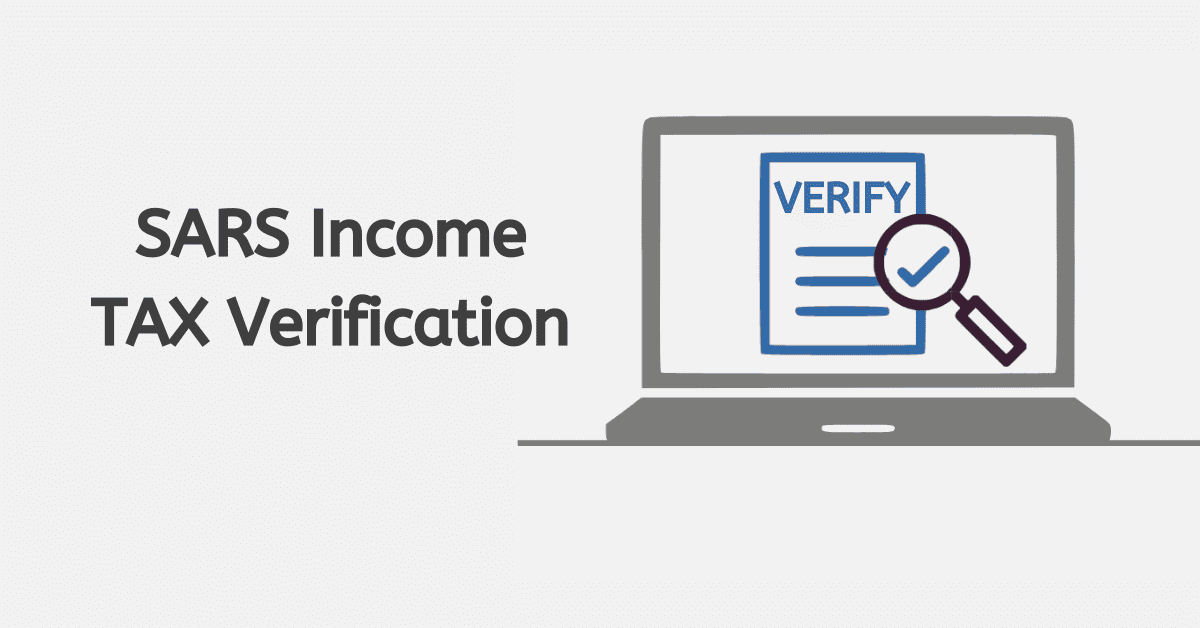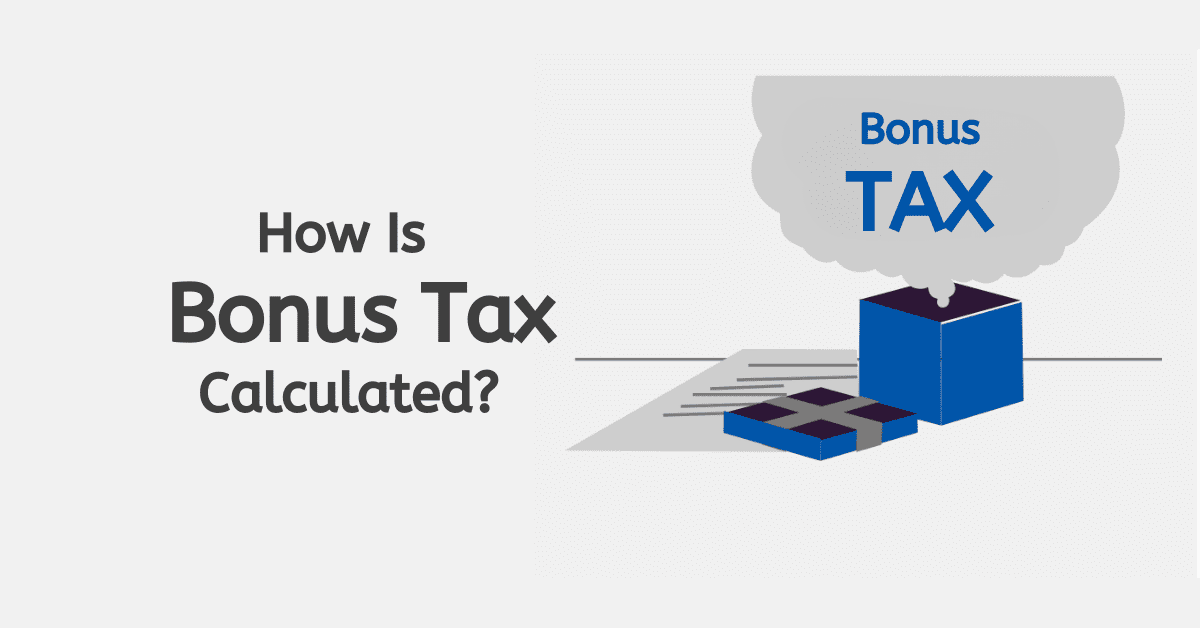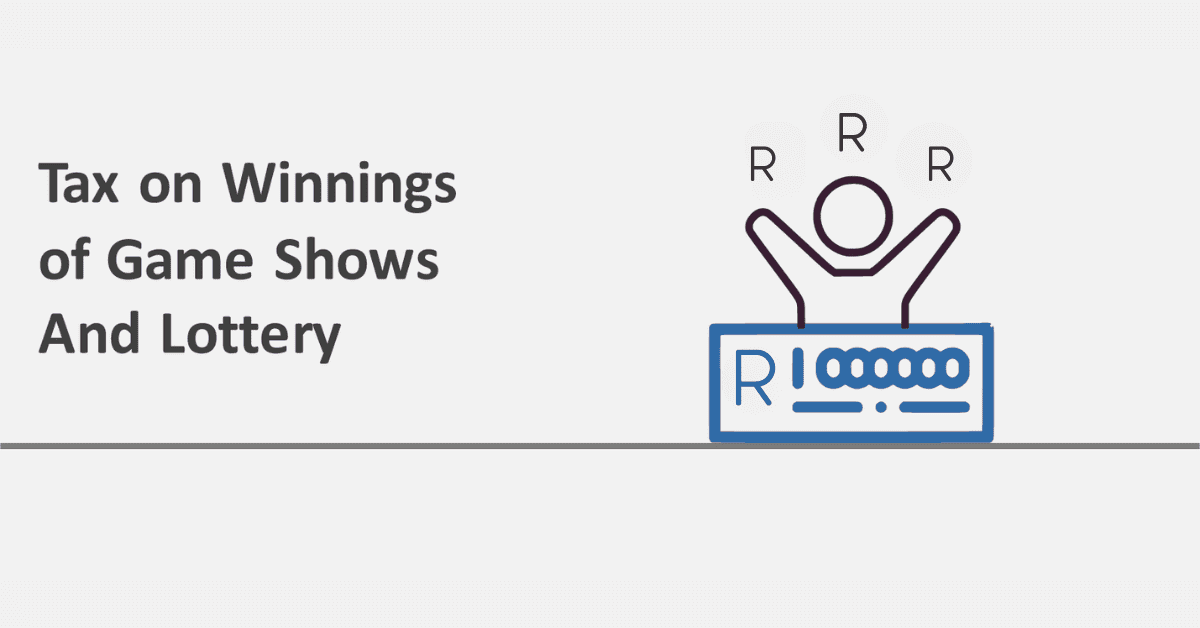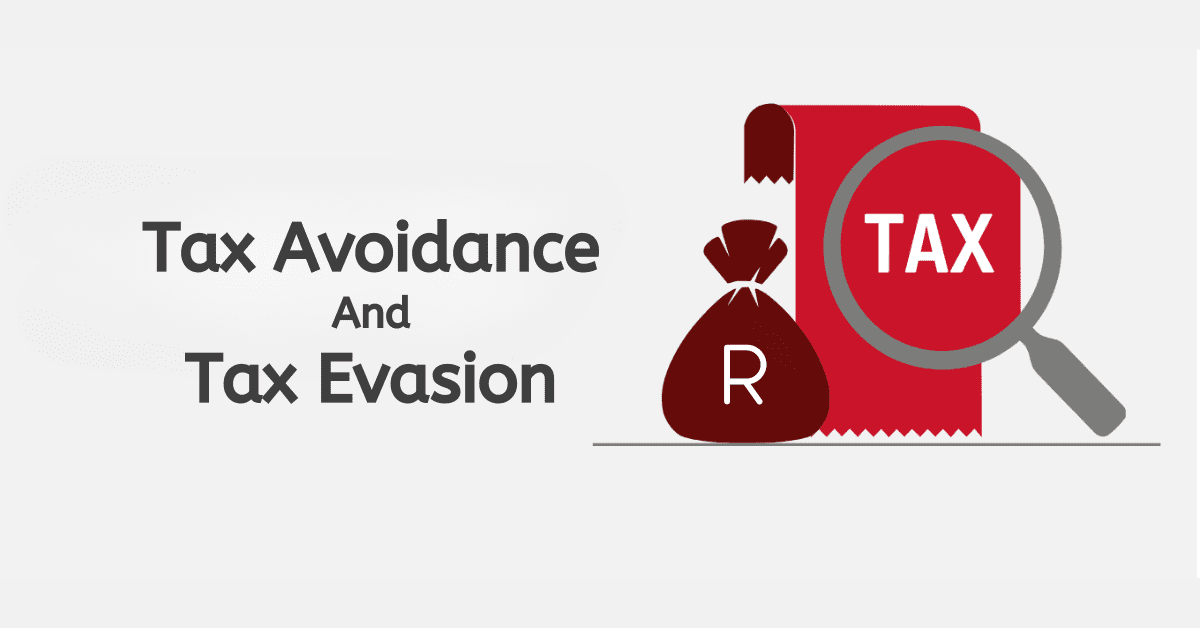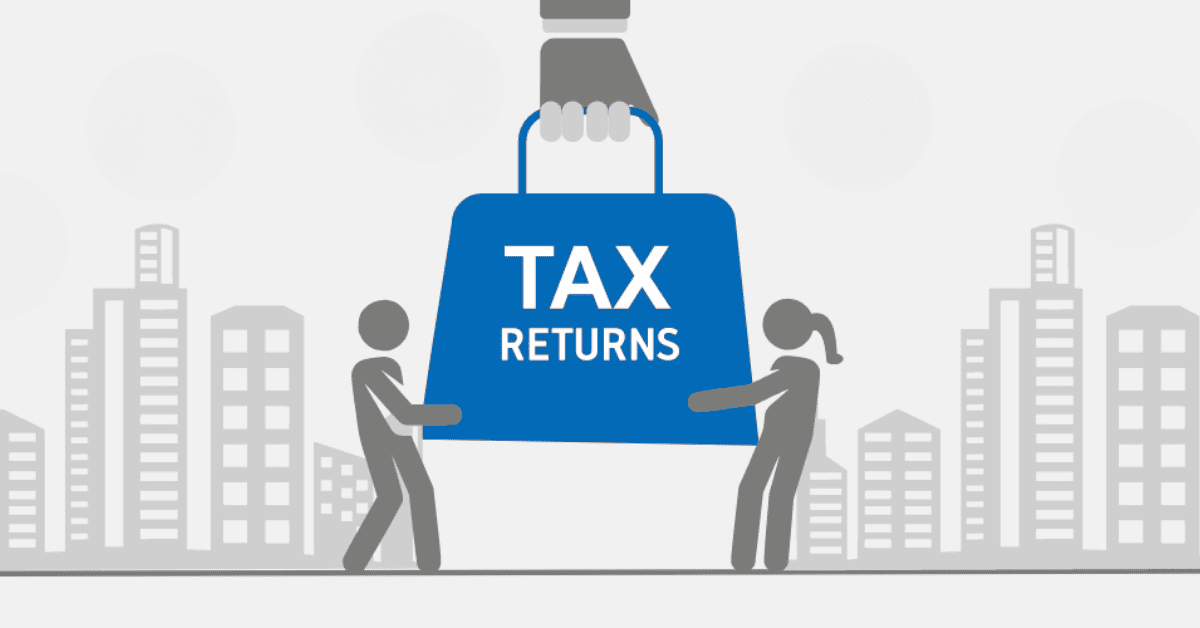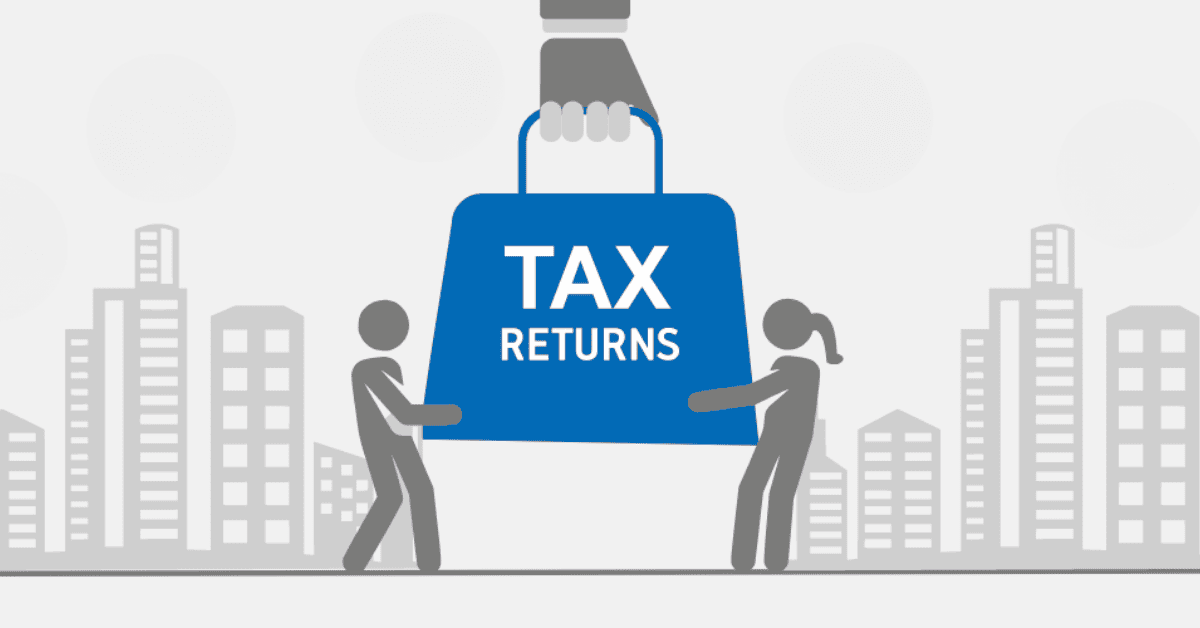There are additional fees levied by the government and the Deeds Office on all real estate transactions in South Africa. The official names for these expenses are registration fees and stamp duty. They contribute financially toward completing the necessary legal procedures to change the property’s owner and obtaining official documents to confirm it.
Several things determine how much you’ll spend on stamp duty and registration fees. Considerations such as these encompass the property’s value, type, ownership structure, and the party from whom you are purchasing or selling it. Although the buyer is typically responsible for these expenses, it is possible for the seller and buyer to negotiate to split or trade them.
The article explores the topic of registration fees and stamp duty. Learn about them, their determination, and the total amount required to transfer property ownership to your name.
Stamp duty and registration charges in South Africa
To buy or sell a property in South Africa, you must pay extra fees to the government and the Deeds Office. These fees are called stamp duty and registration charges. They are for the legal and financial documents or transactions involved in transferring property, such as land, buildings, or houses.
Stamp duty is a tax that you pay for these documents or transactions. It is also called transfer duty. Registration charges are tariffs for registering the house in your details. The Deeds Office does this for you. You also need a conveyancer, a lawyer who helps you with the transfer and the registration. You pay them the conveyancing fees.
How much stamp duty and registration charges do you have to pay? Several factors must be considered. How much the land is worth is a determining factor. The type of property determines the answer. How you own it determines it. The person from whom you are purchasing or selling it also makes a difference. The property’s value is the higher of the purchase or market value. The property type is whether it is for living, working, farming, or making things. The ownership type is whether it is freehold, sectional title, share block, or leasehold. The seller and buyer status is whether they are people, companies, or VAT vendors.
What is the meaning of stamp duties?
You must pay extra taxes when you buy or sell a property in South Africa. These taxes are called stamp duties or transfer duties. They are for the legal and financial papers or deals that come into the picture when transferring property, such as land, buildings, or houses.
The government uses stamp duties to get more money and to control the transfer of property and the registration of papers. Stamp duties also help to stop fraud, evasion, and avoidance of tax
The South African Revenue Service (SARS) is the national tax boss in South Africa. They are in charge of stamp duties. They get stamp duties from the buyers or the transferees of the property and give them receipts or certificates to show they paid. They also make sure that people pay stamp duties and punish them with penalties and interest if they pay late or decide not to pay.
How much is stamp duty in South Africa?
A transfer duty tax is payable upon real estate purchase in South Africa. You’re dealing with immovable objects, like a home, a structure, or even land. The property’s worth, typically the increased sale price or market value, is the basis for the tax.
Different types of buyers or transferees pay different rates of transfer duty. These are the main categories:
- Natural persons. These are people or trusts.
- Legal entities. These are businesses like companies, closed corporations, or societies.
- VAT vendors. These are sellers or buyers who are registered for VAT.
Here are the tables that show how much transfer duty you have to pay for each category in the 2026/2026 financial year:
Natural persons
| Property Value (in Rands) | Transfer Fee Rate |
| 1 – 1,100,000 | No fee, it’s on the house! |
| 1,100,001 – 1,512,500 | A modest 3% on the surplus |
| 1,512,501 – 2,117,500 | Starting at R12,375 plus a 6% bonus on the excess over R1,512,500 |
| 2,117,501 – 2,722,500 | Beginning with R48,675 plus an 8% cut on the value above R2,117,500 |
| 2,722,501 – 12,100,000 | Initiated with R97,075 and a generous 11% on the remainder past R2,722,500 |
| 12,100,001 and beyond | Commences at R1,128,600 plus an additional 13% on the amount exceeding R12,100,000 |
Legal entities and VAT vendors
| Property Value (in Rands) | Transfer Levy Rate |
| 1 – 12,100,000 | A flat 8% charge |
| 12,100,001 and beyond | Kicks off at R968,000 plus an extra 13% on the surplus beyond R12,100,000 |
Some transfers of property are exempt or reduced from transfer duty, such as:
- When one spouse’s assets are transferred to another’s after a death or divorce
- At the time of a gift or bequest to a public agency or nonprofit organization
- When a property is transferred with VAT included
- When a property is transferred as part of a business change or rescue
- When a property is transferred below a certain value
How much do you pay to transfer a property into your name?
Aside from transfer duty, there are other expenses that you have to clear when you transfer a house into your details. These expenses involve registration, bond registration, bond cancellation, and other charges and tariffs.
You must clear the registration fee to register the house in your details. The fee varies with the property value. For instance, a property worth R100,000 or less only costs R45 to register. But a property worth more than R20,000,000 costs you R6,477 to register.
Also, you must pay the bond registration fee to register the bond or the loan for the property. The fee varies with the bond amount. For instance, a bond of R150,000 or less costs you only R496 to register. But a bond of more than R4,000,000 costs you R2,014 to register.
